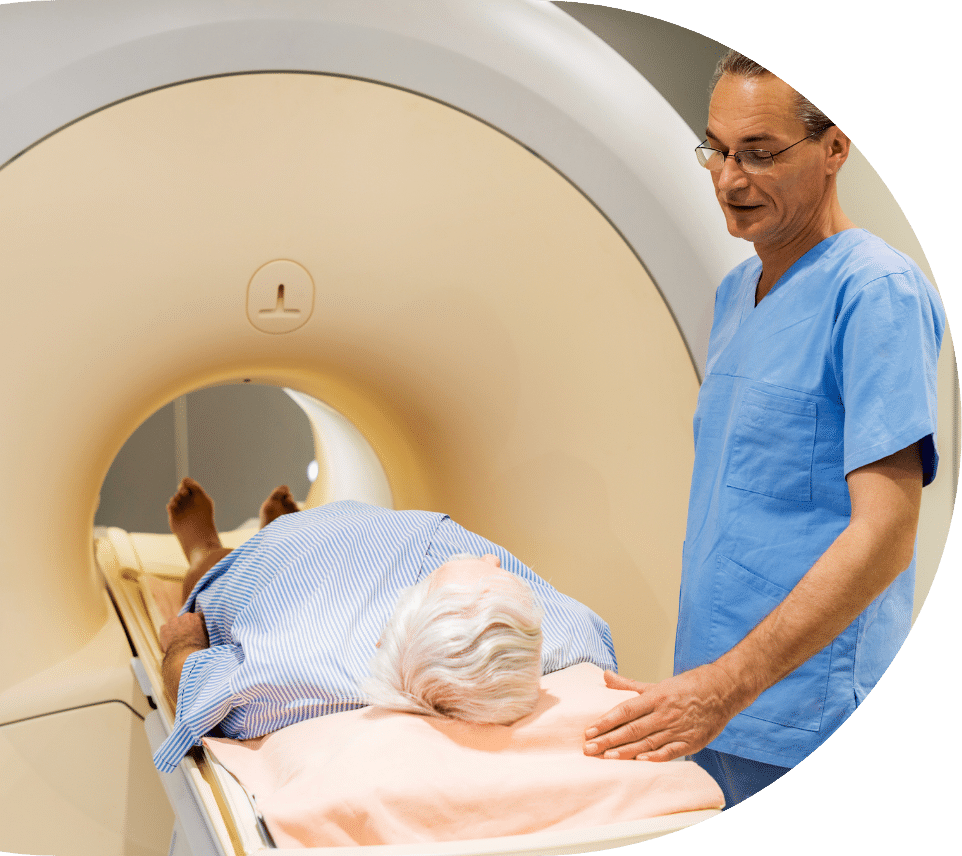Radiation Therapy
External beam radiation therapy delivers high-energy beams to kill cancer cells, while brachytherapy involves placing radioactive seeds directly inside the prostate to destroy the cancerous tissue. Reserved for advanced cases, chemotherapy involves the administration of medications that target rapidly dividing cancer cells throughout the body.



